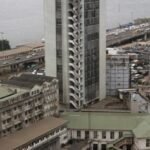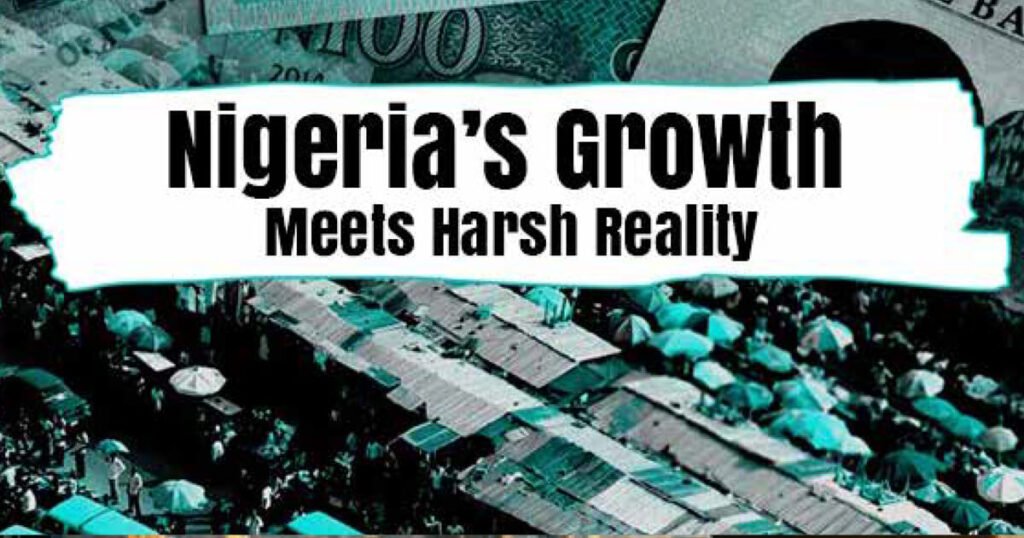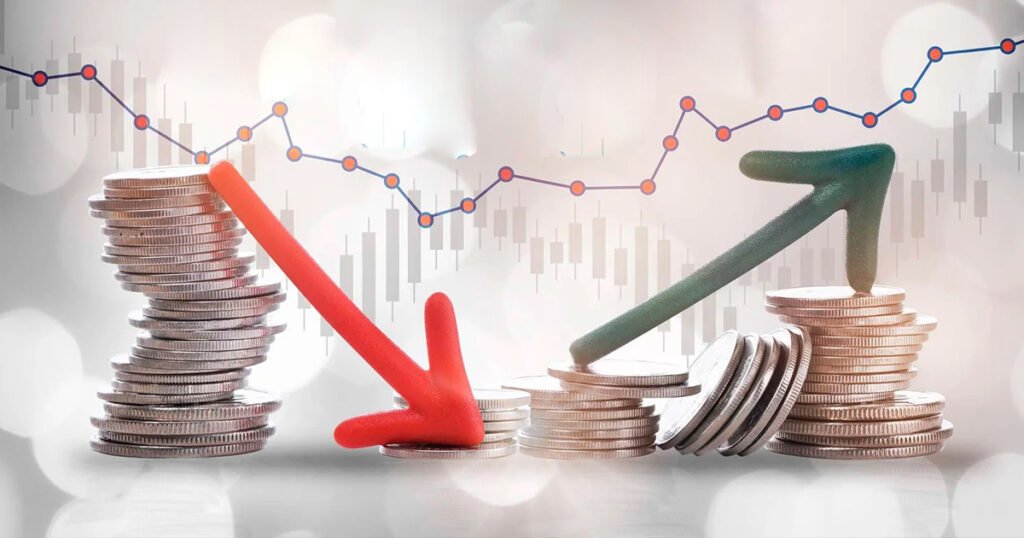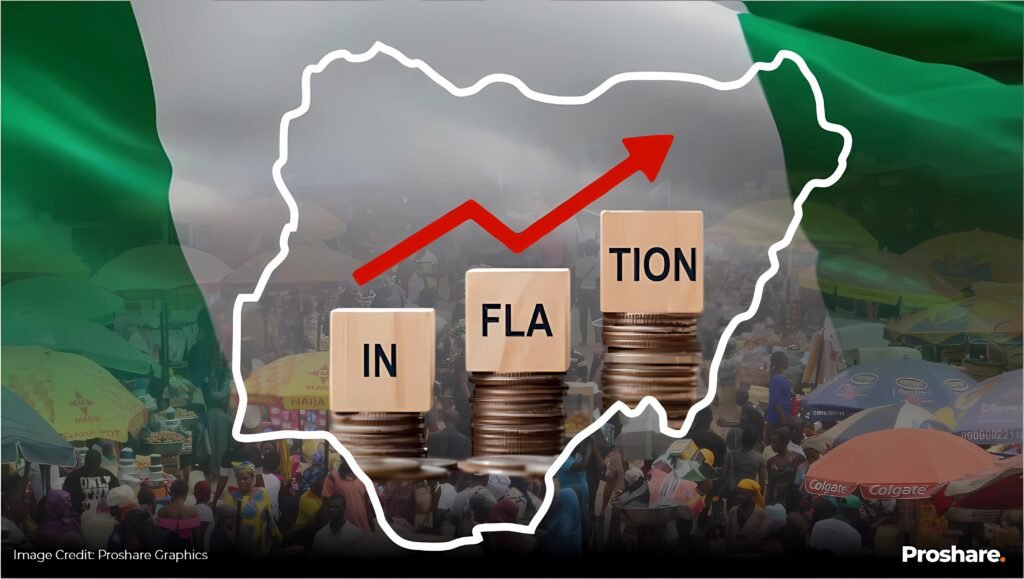Ironically, the brightest spot of President Muhammadu Buhari’s government occurred in his absence. In the early part of the year 2017, The President departed for a 19-day medical leave in London handing over to his Vice– Prof. (SAN) Yemi Osinbajo as acting President. The leave was unexplainably prolonged to 50 days without any satisfactory reason provided thereby throwing the country in uncertainty with The President feared dead by many. But the acting President Osinbajo’s decisive governance raised the economy, returned investor confidence and made significant public impression so much so Muhammadu Buhari‘s return wasn’t desired anymore so Yemi Osinbajo could continue in the capacity of the President.
Prof. Yemi Osinbajo, 60, a Senior Advocate of Nigeria (SAN), the country’s highest luminary rank, has a reputation stemming from his reformation of the Lagos State judiciary when he was Attorney General and Commissioner of Justice for the State. The Redeemed Christian Church of God pastor and judge introduced directives to speed up judicial process, approved pay increase for previously owed judges to dissuade them from taking bribes to survive, etc. Prior to the 2015 general elections, everyone perceived that an Osinbajo-Buhari ticket was the perfect combination required to provide the necessary leadership to stabilise and move the nation forward. It was expected by all that based on antecedents, President Buhari would tackle corruption and security head- on while delegating the task of reviving the economy and reforming the justice system to his Vice.
But on assumption of office, this was not to be as the Vice-President was relegated to the back seat and made to be an on-looker as the economy plummeted into a recession.
Emotional touch to solve military problems One of the most notable results of Osinbajo’s short term is the reduction of militant attacks. Nigeria loses about a third of its 2.2 million daily oil barrel production to pipeline vandalization and bunkering by militant groups. Last year, Nigerian National Petroleum Corporation (NNPC) reported that these militant attacks cost the country N2.1 trillion ($7 billion). As opposed to the military approach deployed severally in the past to check this problem, Osinbajo had an inclusive and unbiased visit to the volatile Niger Delta (oil producing) region. He entered the dangerous, militant infested creeks, held meetings with locals and witnessed the degradation of the oil producing communities. The aggrieved Niger Delta people whose lands and livelihoods have been destroyed by decades of oil spillage resulting from activities of International Oil Companies (IOCs) like Shell and Chevron, have been seeking attention from the Federal Government and were emotionally pacified by Osinbajo’s genuine visit. When a riot broke out during the meeting with community leaders and youths, the acting President maintained a calm demeanour, never ordered any arrest nor didn’t ask his security to shoot or disperse the protesting and angry youths (something some governors have done in the past). Such respecting dialogue approach was greatly welcomed by the locals and militants as there have not been any case of pipeline vandalization and oil theft since – two major contributing factors to Nigeria’s recession in 2016.
This inclusive governance style of the Vice- President has earned him a barrage of plaudits. Notable among them is that of Delta state University (DELSU) renowned lecturer Abraka who said the Acting President is not a Nigerian. His argument was that Osinbajo’s conduct and character differentiated him from other Nigerian politicians who are not concerned about the welfare of the masses. He was taken aback seeing the humility in him and the willingness to impact on the life of the average Nigerian. “This is un- Nigerian,” the lecturer said.
He revealed that the Buhari Presidency would inject $20billion dollars into the Ogidigben gas plant in the Delta area of the Niger Delta. He also mentioned that plans were in place to integrate the modular refineries to produce refined crude and thereby legalise the system and create jobs for the teeming Niger Delta youths – this decision was applauded by all. Also, he ordered that all oil companies move their headquarters to the Niger Delta region – a lauded move to force IOCs to experience the damage being done by their exploration.
Collaboration between Executive and Legislature to improve business environment
Nigeria has consistently been listed as one of the worst places to do business in the world. The 2016 World Bank Doing Business Report ranked Nigeria 169th of the 189 countries surveyed. Consequently, in the bid to diversify from its oil-reliant economy, Nigerian governments have taken steps in easing business in the country. As Acting President, one of the first things Vice-President Osinbajo attended to was improving the ease of doing business in the country, both for foreigners and citizens within the country. He chaired several meetings including the meeting of the Presidential Enabling Business Environment Council (PEBC). He signalled the need for urgency at the meeting and was able to reach a deal with the National Assembly to ensure that the Credit Bureau Bill to facilitate credit access for MSMEs; and Collateral Transactions Security Bill be passed within 60 days.
Speaking to pressmen after the meeting, Vice President Osinbajo highlighted three key areas the government was looking at to improve the ease of doing business: entry and exit of goods, entry and exit of people and the general government transparency and efficiency in government parastatals. This prompted this surprise visit to the Murtala Muhammed International Airport where he inspected various facilities like the departure terminal, conveyors belt, toilets etc and expressed concerns over the state of things. He then ordered that immediate repair work be carried out. His visit did not only result in renovation and repair works being carried out, it also resulted in the sack of 10 directors of the Nigeria Civil Aviation Authority (NCAA). Three new directors and a general manager were also appointed for the Federal Airports Authority of Nigeria (FAAN). Alas! Nigerians were beginning to see some action
 Forex Policy
Forex Policy
After taking charge of his first National Economic Council (NEC) meeting for the year, Vice-President Osinbajo alongside the Ministers and Governors of the federal republic ordered the CBN Governor to review its forex policy in order to relief the forex-induced hardship in the country. It is important to note that the country’s over- dependence on foreign goods and services and the scarcity of forex to carry out these transactions resulted in a lot of companies going out of business and many losing their jobs and source of livelihood
Eventually at the end of the NEC meeting, $250 million was injected into the Sovereign Wealth Fund (SWF). Subsequently, the Apex Bank (CBN) came up with an action plan to increase liquidity by constantly injecting forex into the system. First, it released $370 million into the inter-bank market through 23 deposit money banks. The rebound effect in less than 48 hours saw the dollar which was previously exchanging for about N510 to a dollar crash to between N400 and N450. Not long after that, another $221.37 million was injected into the system for the payment of school fees, medical bills, personal travel allowance (PTA) and business travel allowance (BTA). This was then followed by another N100 million and according to the Central Bank of Nigeria, a total of about $1.14billion has been injected into the system within 2 weeks of forex policy review in four different batches. In addition to the injection of over $1 billion into the market, CBN also ordered that retail transactions be settled at a rate not exceeding 20 percent above the interbank market rate and also directed banks to open forex outlets at major airports to cut out the excesses of the black market operators at the airports and reduce the difficulties experienced in accessing forex exchange when leaving or entering the country.
This action plan of flooding the market with forex has greatly helped the naira to gain against the dollar and in less than 60 days; the dollar which was previously exchanging for above N500 is now exchanging for a little above N300. However, according to Financial Derivatives Company (FDC) Limited– a company that offers quality quantitative and qualitative research to provide insight for investment decisions in Sub-Saharan Africa; “Nigerians must remember that this recovery is only as good as the supply remaining consistent.”
FDC explained that this new forex policy can only be sustained if Nigeria produces crude oil at maximum capacity and the price of crude oil remains higher than the $42.5 per barrel as benchmark. The good news however, is that crude oil which sold for $57 per barrel in last month has been forecasted to remain between $40 – $50 per barrel this year, and with the visit of the Vice-President to the oil producing regions to dialogue with them it is expected that the calm currently noticed in the activities of the vandals will be maintained.
It is also important to note that during his period as Acting President, Professor Osinbajo signed 7 bills into law and correctly in the view of many Nigerians declined assent to 4 others. He also nominated Walter Onnoghen to the Senate for confirmation as Chief Justice of the nation and swore him in to office having been in acting capacity for almost 3months.
There is no doubt that the activities of the Vice-President in the last 50 days has not only gone down well with a lot of Nigerians and the international community, it has also resulted in positive growth of the economy. Recent reports released by the Nigerian Bureau of Statistics reveal that for the first time in 15 months inflation has dropped to 17.78% year on year in Feb 2017 from 18.72% in Jan 2017. Also, despite the pumping of foreign currency into the economy, the national foreign reserves have risen to $30 billion as at the latest report in March, 2017.
Having been out of the country for over 2 months, President Buhari returned to the country on Friday, 10th March and the Acting President has since briefed and handed over power to him on Monday, 12th of March. President Buhari gave high commendations of the work done by his Vice when he received political leaders in the State House shortly after he returned to Nigeria from medical vacation. While Osinbajo’s governance wasn’t of a different economic plan and promise from Buhari’s, the President acknowledged his Vice’s intellect and speed at execution for producing results. “Youth and intellect is squarely behind him,” the Septuagenarian noted. It is hoped that going forward President Buhari would make Osinbajo play a more active and visible role in his government.
Last year, a senior analytical adviser at Moody’s, Aurelien Mali, explained in an interview with Reuters that the Nigerian economy is expected to climb out of recession this year and experience a 2.5% expansion provided the country can sustain the 2.2 million barrels per day production (mbpd). With the peace currently experienced in the Niger Delta that just might be possible.


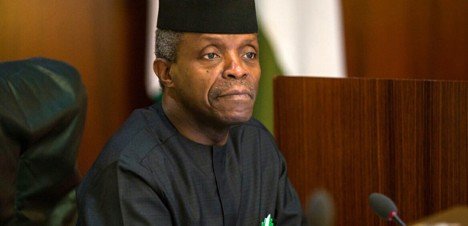
 Forex Policy
Forex Policy